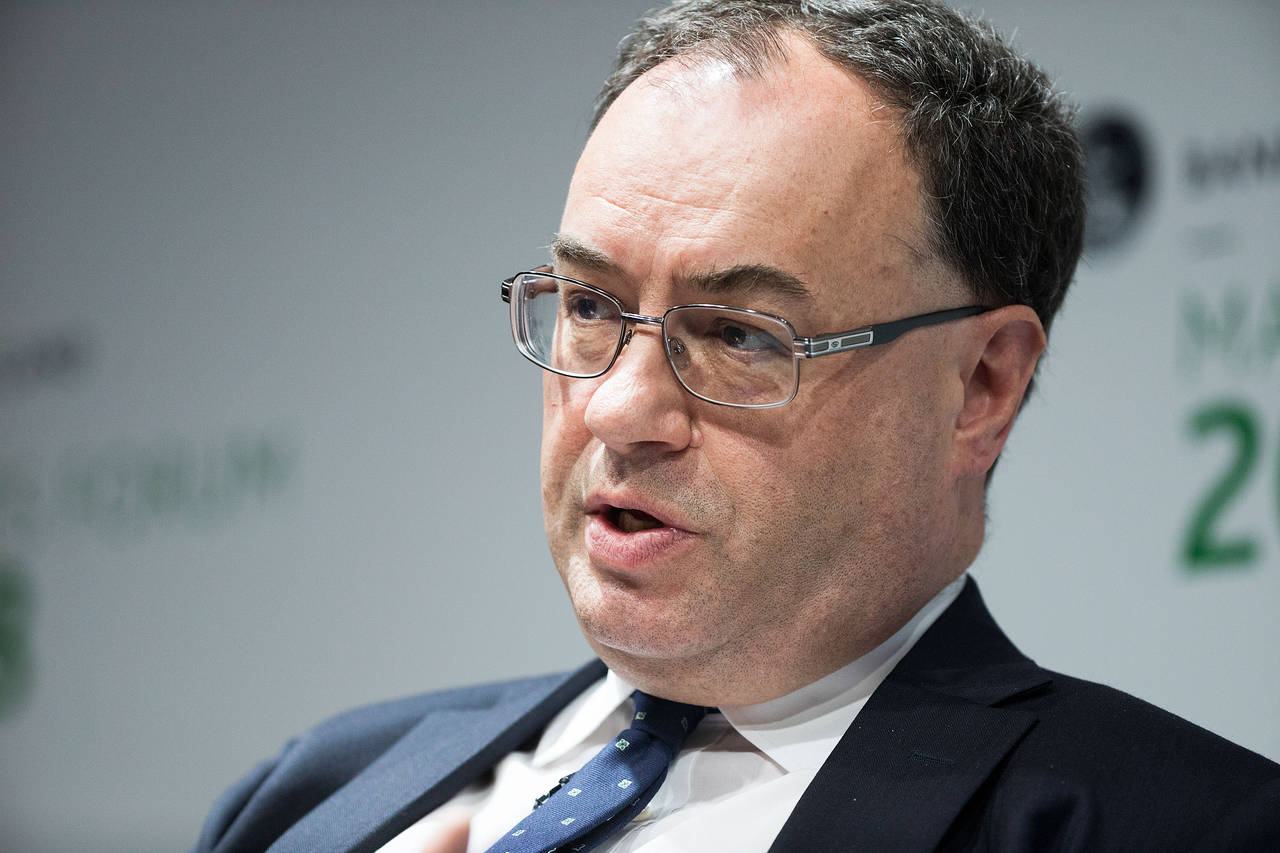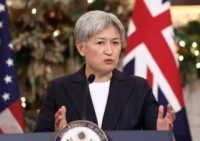Andrew Bailey, Governor of the Bank of England, has urged the United States to address its grievances about the global economy through multilateral talks rather than the unilateral tariffs recently imposed by President Donald Trump. Speaking to British lawmakers on Wednesday, March 5, 2025, Bailey warned that such trade barriers threaten global growth and could stoke inflation in the U.S. His remarks underscore a growing unease among economic leaders as Trump’s policies ripple across international markets.
Bailey’s appeal came during a session with the U.K.’s Treasury Committee, where he reflected on discussions from a Group of 20 (G20) meeting of central bankers and finance ministers in South Africa the previous week. Notably absent was the new U.S. Treasury Secretary, Scott Bessent, leaving a void in direct dialogue with American counterparts. “If the world economy is out of kilter, the place to fix it is a multilateral forum, not through bilateral strikes,” Bailey emphasized, advocating for cooperative solutions over the blunt force of tariffs.
The backdrop to his comments is Trump’s decision, effective Tuesday, to slap 25% tariffs on imports from Mexico and Canada, alongside new duties on Chinese goods. These measures, reviving a cornerstone of his economic playbook, have sparked fears of disrupted trade flows and rising U.S. consumer prices. Bailey pointed to broader imbalances, noting China’s massive current account surplus and Germany’s bold announcement of a 500-billion-euro ($538.6 billion) investment in infrastructure and defense. He challenged the U.S. to confront its own fiscal realities: “You’ve got a current account deficit and a huge fiscal gap, funded by foreign capital—tariffs don’t solve that.”
The governor also sounded an alarm about the potential consequences of U.S. isolationism. A withdrawal from key institutions like the International Monetary Fund and World Bank, he warned, would inflict severe damage on the global economic order. His call for dialogue reflects a hope that collective action can stabilize a world rattled by America’s aggressive trade stance.
For the U.K. and its allies, Bailey’s stance signals a push to preserve open markets amid rising protectionism. As Trump’s tariffs take hold, the risk of retaliation looms, potentially ensnaring Europe in a broader trade war. Bailey’s plea for multilateralism may test the resilience of global forums like the G20, while challenging the U.S. to rethink its go-it-alone approach. With economic stakes mounting, his words frame a critical choice: collaboration or confrontation in a fragile world economy.












I think its important to consider all options in global economic issues, but dialogue over tariffs might not always be the best solution.
Is dialogue really the solution? Maybe tariffs are necessary for a wake-up call. What do you think?
Should we really trust dialogue over tariffs? Seems like a risky move in todays economic climate. What do you all think?
I dont get why were still relying on tariffs. Cant we just talk it out like adults? Dialogue over conflict, always!
Dialogue is key, but tariffs can also be a powerful tool. Lets not dismiss them completely. Balance is the key.
I dont get why they keep going back and forth on tariffs. Cant they just figure it out already?
Dialogue over tariffs sounds good in theory, but will it really solve the global economic issues? Lets discuss!
Dialogue over tariffs? Interesting approach. But will it really solve global economic issues? Lets discuss!
Dialogue over tariffs? Interesting approach, but will it really work in fixing the global economy? Lets discuss!